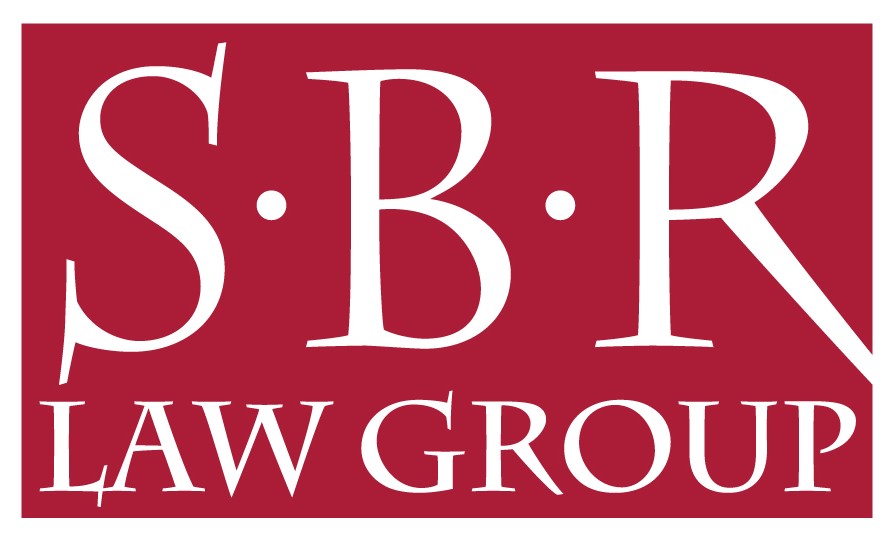WHAT IT MEANS FOR CURRENT EMPLOYERS
By now, many employers and employees have read about the Federal Trade Commission (“FTC”) recent 3-2 ruling to (as reported) “ban noncompetes.” Employers and employees have many questions about the ruling, its effect, and what it means for their businesses or their career opportunities moving forward. SBR Law Group LLC (“SBR”) prides itself on giving direct, responsive answers to client concerns, and this update attempts to answer the most frequent questions asked about the FTC ruling.
If you wish to discuss the FTC ruling and its impact further, please contact Michael D. Huitink at SBR, 262-333-8324, or mhuitink@sbrlaw.us.
Is the FTC Ruling Effective Right Now?
No. By its own terms, the FTC ruling does not take effect for 120 days after its official publication. In addition, there is at least one lawsuit that has been filed against the FTC to enjoin (prohibit) the ruling taking effect, until a federal court can determine whether the FTC’s ruling was within its authority and otherwise legally proper. Thus, the FTC ruling is not in effect right now.
Do The Challenges To Nullify The FTC Ruling Have A Chance At Success?
Likely, yes, at least in part. The United States Supreme Court is currently considering a ruling on the proper authority of administrative agencies to act on their own, to pass these types of rules, in the absence of a vote of Congress, tied to appropriate federal authority under the United States Constitution. This is what is known as the Chevron doctrine. While not directly arising from the FTC’s decision, the Supreme Court’s pending decision could very well impact the enforceability of this ruling. Most legal scholars believe the Supreme Court is going to reduce the authority of administrative agencies, such as the FTC, to make and enforce these types of rulings.
The United States Chamber of Commerce has already commenced a lawsuit challenging the FTC’s authority to make this decision, which overrides the laws of fifty (50) states and the District of Columbia. Courts often grant injunctions prohibiting a law from going into effect until the courts can decide whether the law is enforceable, a process that can take months or years.
Thus, although the rule could theoretically go into effect in one hundred twenty (120) days, it is not likely to do so. SBR will continue to monitor the status of any lawsuits challenging this rule, and seeking a stay (injunction) on its enforcement.
Does This Ruling Apply To All Post-Employment Restrictions, Such As Non-Solicitation and Confidential Information Restrictions?
Not necessarily, because that remains to be seen.
The ruling almost certainly applies to post-employment covenants that do not explicitly ban a worker from accepting new, competitive employment, but practically achieve the same
result. The FTC defined “noncompete” for the purpose of this ruling as any contractual provision that “has the effect of prohibiting the worker from seeking or accepting employment.” It used, as one example, a confidential information restriction that is so broad, that it effectively prohibits a worker from accepting a competitive position with a new employer, because the definition of confidential information is so broad that the employee cannot take the new position without (at least allegedly) breaching the provision. Another example is a provision that requires a worker to repay training costs, if such repayment is excessive, and not reasonably related to the costs of such training.
Many employers and employees in Wisconsin have contracted for things short of bans on future employment. For example, many employers and employees agree to non-solicitation of customer clauses, which do not prohibit future, competitive employment, but merely prohibit an employee from servicing select groups of customers for a period of time after employment. There is, in SBR’s opinion, nothing in the FTC ruling that would make such post-employment restrictions automatically unenforceable, unless (per the examples above) they are written so broadly as to practically prohibit an employee from taking a competitive employment position with another employer — for example, if a customer non-solicitation restriction bars an employee from doing business with any customers in the industry. Wisconsin law already requires such restrictions to be narrowly tailored (i.e., usually limited to customers with whom an employee has had recent, direct dealings, or about whom the employee has acquired confidential information). Such restrictions, narrowly tailored to comply with Wisconsin law, likely do not have the “effect of prohibiting the worker from seeking or accepting employment” in a competitive position.
This issue is still uncertain. No one should assume that this FTC ruling automatically excuses an employee from customer non-solicitation restrictions, employee non-solicitation restrictions, or confidential information restrictions, if the restrictions are otherwise narrowly tailored to comply with current legal requirements, especially the requirements already imposed by Wisconsin law.
Does It Matter How “High Up” Or “Well Paid” An Employee’s Position Is, Under The FTC Ruling?
Yes, but only for agreements already in effect.
Under the FTC ruling, existing noncompete agreements that would otherwise violate the FTC’s ruling may remain in place for “senior” executive employees, defined as employees who are in a policy-making position and have an annual (or annualized) compensation of over $151,164. However, such agreements are still subject to state law.
Note, however, that this applies only to existing agreements with such senior-level, highly compensated employees. New agreements that violate this FTC ruling are banned, if and when the ruling goes into effect.
What Should Employers Or Employees Do Now, After This Ruling?
Nothing is required right now because, even as written, the FTC’s ruling does not take effect for one hundred twenty (120) days from publication.
If employers and employees wish to be proactive, they should look at replacing existing non-competition agreements (i.e., which ban competitive positions with other companies), with more narrowly-tailored restrictions that are limited to doing business with certain customers, or soliciting certain company employees to leave its employ, or protecting select confidential information, for a period of one (1) to two (2) years after employment.
Note, however, that new agreements may not be entered into on a whim. Many state laws, including Wisconsin law, require that new agreements be supported by valid consideration given to an employee for the new agreement. There are different ways to structure that consideration, and employers and employees should consult an attorney before entering into new agreements with existing employees.
No one knows for certain the future enforceability or parameters of the FTC’s decision. Please feel free to contact us with any questions, or to discuss any potential options, relating to the FTC’s ruling.


